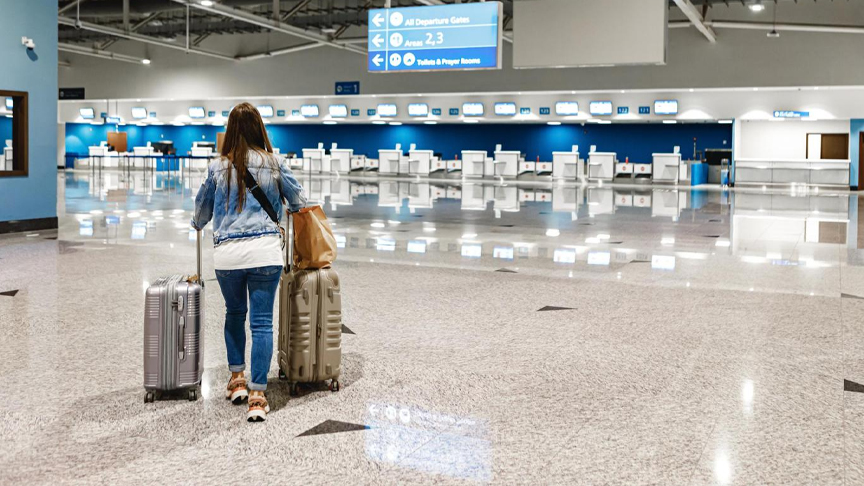The Philippines ranks 56th globally as a place of employment for those seeking opportunities abroad, improving its ranking by 11 spots since 2020 according to the latest Decoding Global Talent 2024 by Jobstreet by SEEK, Boston Consulting Group and The Network.
The study is based on survey data from more than 150,000 respondents in the workforce spanning 188 countries.
When asked why they chose the Philippines as one of their top career destinations, most of the respondents noted the welcoming culture and inclusiveness (52%), perceived good quality of life (45%), cost of living (43%), and quality of job opportunities (43%). While the perception of the Philippines has seen a notable uptick, the country is still far compared to top global countries and ranks low within the Southeast Asia (SEA) region.
Talent from neighboring countries such as Malaysia, Singapore, and Indonesia, as well as English-speaking countries such as USA and Canada, expressed interest in working in the Philippines.
Filipino mobility trends
While foreign jobseekers see the Philippines as a potential destination for work, Filipino talent display a strong interest in relocating abroad for work with 80% expressing readiness compared to 68% in the SEA region. However, it’s worth noting that the interest has declined significantly between 2018 (96%) and 2020 (91%).
Unlike the global trend where younger candidates are more willing to work overseas, Filipinos across life stages said they are willing to relocate—80% of those who said yes are highly educated; 82% are young or below 30 years old.
For Filipinos who are willing to work abroad, the report states that financial motives and career progression rank highly as their reasons to relocate. They are also motivated by the search for better social systems and healthcare when thinking of working overseas. Meanwhile, the rest of the respondents who are not willing to relocate (20%) said they decided to stay due to not being able to bring their family, the cost of relocation, or a strong attachment to home country among others.
In terms of the job roles of Filipinos who are looking to relocate, the results are diverse ranging from low to high skill levels. Almost all workers in the craft professions, as well as manual and physical jobs, consider working abroad. It is followed by other more skillful professions such as in research/laboratory, engineering/technical, and services and hospitality. On the other end, marketing and media practitioners are the least likely to consider moving abroad.
The report also reveals that about one-third of Filipinos prefer long-term work abroad without plans to return (35%), which differs significantly from workers in neighboring countries who typically prefer shorter overseas assignments of about three years. This discrepancy raises concerns about a potential and significant threat of irreversible brain drain in the Philippines.
Meanwhile, the willingness of the global workforce to work remotely for a foreign employer without a physical presence in their home country has significantly increased—now at 66% from 57% in 2020. In the Philippines, Filipino professionals are now more eager for remote international work than ever (84%), way above the SEA and global averages.
“We encourage Filipino employers to develop a global talent strategy, as we may experience talent shortages in the future considering the number of Filipino jobseekers willing to work abroad. They can start by providing better compensation or benefits and better career opportunities as these are the main reasons people seek work abroad. Alternatively, Filipino employers can also consider attracting the working population from other countries,” said Dannah Majarocon, Managing Director, Philippines, Jobstreet by SEEK.
For more information about the report, visit https://ph.employer.seek.com/market-insights/decoding-global-talent-2024.









































































































